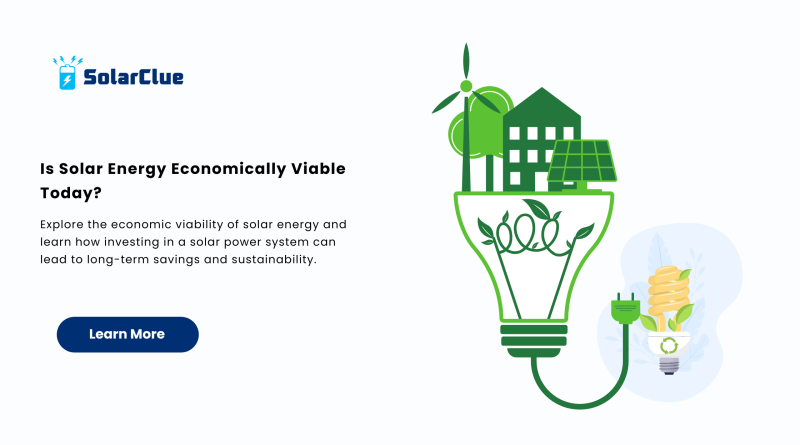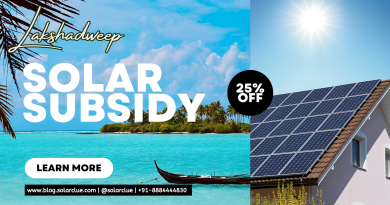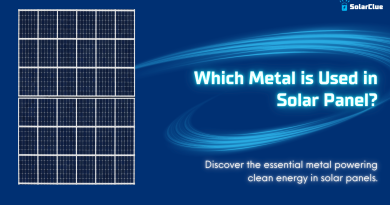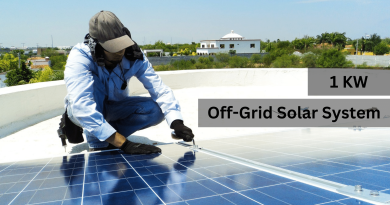Is Solar Energy Economically Viable Today?
As energy costs continue to rise and environmental concerns grow, many homeowners and businesses are asking, is solar energy economically viable? The short answer is yes—solar energy has become increasingly cost-effective over the past decade, thanks to advances in technology, government incentives, and a competitive market for solar products.
Table of Contents
- 1 The Falling Cost of Solar Technology
- 2 Government Incentives That Drive Affordability
- 3 Long-Term Savings on Electricity Bills
- 4 Solar Energy as a Hedge Against Inflation
- 5 Increase in Property Value
- 6 Low Maintenance and High Durability
- 7 Solar Energy in Off-Grid and Rural Areas
- 8 The Role of Net Metering
- 9 Environmental and Social Value
- 10 Comparing Solar to Traditional Energy Sources
- 11 Real-Life Examples and Case Studies
- 12 Choosing the Best Solar Panel for Maximum ROI
- 13 Financing and Leasing Options
- 14 Economic Viability Across Different Climates
- 15 Conclusion: A Smart Investment for the Future
- 16 FAQs
The Falling Cost of Solar Technology
The price of a solar panel has decreased significantly in recent years. In fact, since 2010, the cost of solar power installation has dropped by over 70%. This dramatic price reduction makes investing in a solar power system more accessible than ever before. Additionally, as demand grows, economies of scale continue to push costs down, making solar energy a smart financial choice for many.
Government Incentives That Drive Affordability
One of the main reasons why solar energy is economically viable is the availability of government support. Tax credits, rebates, and subsidies significantly reduce the upfront costs of a solar energy system. For instance, the Indian government offers several incentives for installing solar panels at home or in commercial settings. These financial benefits shorten the payback period and improve the return on investment.
Long-Term Savings on Electricity Bills
A major advantage of solar power is the long-term reduction in electricity bills. Once you install the best solar panel for home, you begin generating your own electricity, lowering your monthly expenses. Over time, the system pays for itself and continues to generate free electricity for 25 years or more. With proper planning, you can even eliminate your electricity bill entirely.
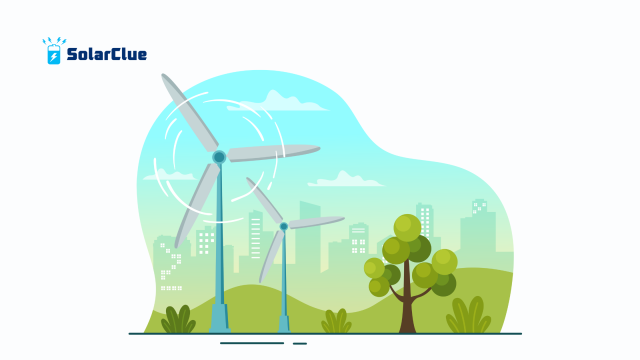
Solar Energy as a Hedge Against Inflation
Utility rates tend to rise over time, often outpacing inflation. By switching to solar power, you lock in your electricity rate, protecting yourself from unpredictable increases. This makes a solar power system not just an energy solution, but a financial hedge that adds long-term economic security.
Increase in Property Value
Installing the best solar panel not only reduces operating costs but also increases the resale value of your property. Numerous studies show that homes equipped with a solar energy system sell faster and at a higher price than those without. Buyers recognize the savings potential and sustainability benefits, making solar panels a valuable investment.
Low Maintenance and High Durability
A solar panel system requires minimal maintenance. Once installed, the system needs only occasional cleaning and periodic inspection. Most manufacturers offer warranties of 25 years or more, ensuring the solar energy system remains productive and reliable for decades. This low-maintenance aspect adds to its economic appeal.
Solar Energy in Off-Grid and Rural Areas
In remote or underdeveloped areas, access to electricity can be costly or unavailable. Here, a solar power system offers a practical and economical alternative. Once installed, the system operates independently of the grid, reducing ongoing costs and increasing self-reliance. This makes solar energy a game-changer in energy-deprived regions.
The Role of Net Metering
Net metering allows solar panel users to sell excess energy back to the grid, earning credits that can offset future electricity costs. This not only boosts savings but also makes solar energy more attractive to homeowners and businesses. In places where net metering policies are strong, the economic case for solar power is even more compelling.
Environmental and Social Value
While the focus here is on economic viability, it’s worth noting that solar energy also delivers environmental and social returns. By reducing reliance on fossil fuels, it helps combat climate change and promotes sustainability. These intangible benefits also add to the overall value of your solar energy system.
Comparing Solar to Traditional Energy Sources
Traditional electricity relies on fossil fuels, which are subject to volatile prices and geopolitical tensions. In contrast, solar power draws from the sun, a free and abundant resource. This gives solar panels a significant edge in terms of cost stability and long-term predictability.
Real-Life Examples and Case Studies
Many Indian households have already reaped the financial benefits of solar energy. For instance, a family in Bangalore installed the best solar panel for home and saw their electricity bill drop by 85% in just one year. Businesses across India are also adopting solar power systems to cut costs and improve sustainability.
Choosing the Best Solar Panel for Maximum ROI
Not all solar panels are created equal. Efficiency, durability, warranty, and manufacturer reputation all play a role in determining which is the best solar panel for your needs. Investing in high-quality products ensures higher output and faster payback, boosting the overall economic viability of your solar power system.
Financing and Leasing Options
For those concerned about upfront costs, financing and leasing options are available. Solar loans, power purchase agreements (PPAs), and lease-to-own plans make it easier to adopt solar energy without a large initial investment. These models spread costs over time and often result in immediate savings.
Economic Viability Across Different Climates
Contrary to popular belief, solar panels perform well even in areas that are not always sunny. Modern systems are efficient enough to generate power on cloudy days, making them a viable option in a variety of climates. From Kerala’s monsoons to Rajasthan’s deserts, solar energy remains a practical solution.
Conclusion: A Smart Investment for the Future
So, is solar energy economically viable? Absolutely. With falling technology costs, strong government incentives, and significant long-term savings, switching to a solar power system is not just a green choice—it’s a financially sound one. Whether you’re a homeowner, business owner, or policy-maker, the evidence overwhelmingly supports solar energy as a viable economic solution.
For expert guidance, check out the insights and tips on blog.solarclue.com. When you’re ready to explore your options, visit SolarClue.com and discover how easy it is to make the switch today.
FAQs
1. Is solar energy really cost-effective in India?
Yes, thanks to falling panel prices and government incentives, solar energy is highly cost-effective in most parts of India.
2. How long does it take to recover the cost of a solar panel system?
Typically, the payback period for a solar power system is 5 to 7 years, after which you enjoy free electricity.
3. What is the best solar panel for home use?
Look for high-efficiency panels with long warranties from trusted manufacturers to ensure maximum value and performance.
4. Can solar power eliminate my electricity bill?
With a properly sized system and good sunlight exposure, solar power can significantly reduce or even eliminate your electricity bill.
5. Do solar panels work during cloudy days?
Yes, solar panels can still generate electricity on cloudy days, though at a slightly reduced output.
Curious about how solar energy can transform your life and savings? Let the sun power your tomorrow—visit SolarClue.com today!

